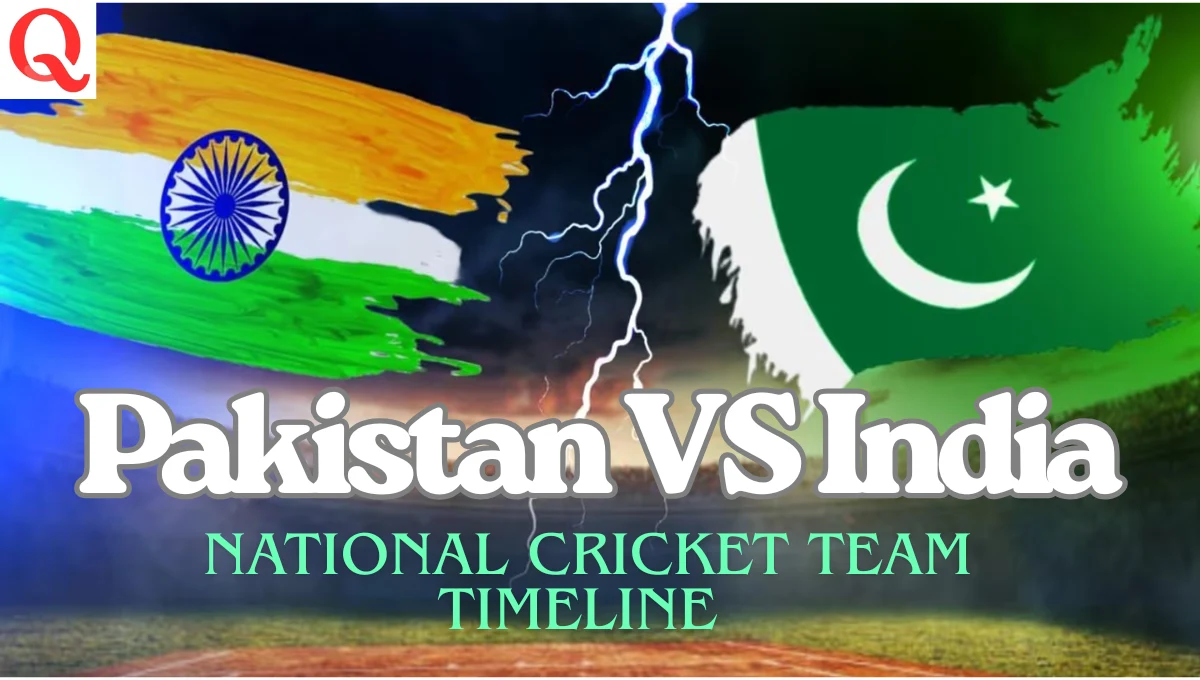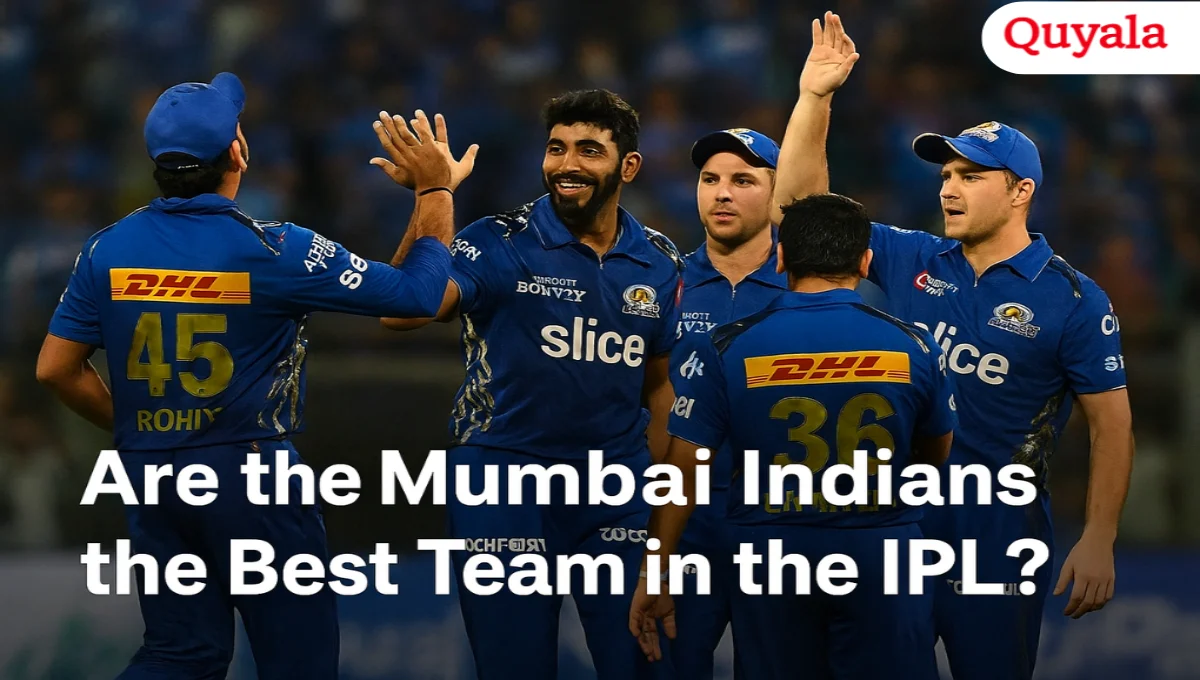The Indian Premier League (IPL) is not just a cricket tournament; it’s a global phenomenon. Millions of fans watch the matches every year, and the league has turned into a huge business. With all the excitement around the IPL, one question often comes up: Who controls IPL?
The answer is not just one person or one group. There are different entities involved, but the ultimate control lies with one major body. To understand who is in charge, we need to look at how the league is structured. Let’s break it down step by step.
BCCI is the Boss
The IPL is fully controlled by the Board of Control for Cricket in India (BCCI). The BCCI is the central body for cricket in India. It manages all forms of cricket in the country, from international matches to domestic competitions. The BCCI launched the IPL in 2008 to bring fast-paced, exciting cricket to Indian fans and make the sport more commercially successful.
Since its creation, the BCCI has been responsible for managing every aspect of the IPL. The board decides on the start date, schedule, and locations for all the matches. It also creates the rules that teams and players must follow. The BCCI has the final say on any issue that comes up within the league.
Without the BCCI, there would be no IPL. The board’s role is central to how the league functions.
IPL Governing Council
Although the BCCI runs the show, it does not handle every small detail directly. The BCCI has formed a special group called the IPL Governing Council. This council helps with the daily operations of the league. It is made up of BCCI members, as well as former players and cricket experts.
The IPL Governing Council takes care of things like the match schedules, team rules, and event management. They are responsible for making decisions that affect the tournament as a whole. However, while the council makes many decisions, it always works under the guidance and approval of the BCCI.
This council meets regularly to ensure everything runs smoothly during the season. Its job is to manage the IPL on a day-to-day basis.
Franchise Owners
Each IPL team is owned by a private company or individual, known as franchise owners. These owners are responsible for managing their own teams. They decide which players to buy, hire coaches, and run promotional activities for their teams. Some of the most well-known franchise owners are big businesses, celebrities, and even former cricketers.
However, while franchise owners have control over their own teams, they do not influence the league as a whole. They must follow the rules set by the BCCI and the IPL Governing Council. They have no power to make decisions about the format of the league or how the overall tournament is organized.
Franchise owners are important, but their control is limited to their teams.
Sponsors and Broadcasters
Sponsors and broadcasters play a huge role in the success of the IPL. These companies provide money and resources to help the league grow. In return, they get to advertise their brands during matches. TV channels and streaming services show the games to millions of fans across the world.
While these sponsors and broadcasters help fund the league, they do not control how it operates. The BCCI negotiates and signs contracts with them. But the final decisions are always made by the BCCI and the IPL Governing Council. These partners are key players in the IPL’s financial success, but they do not have a say in how the league is run.
Final Word
The IPL is a massive event, involving many people and organizations. But at the very top, the BCCI controls everything. It manages the league with the help of the IPL Governing Council. Franchise owners run their teams, and sponsors help fund the event.
In the end, the BCCI has the final say on all matters. It controls the IPL and ensures the league runs smoothly, year after year.
Read More About



